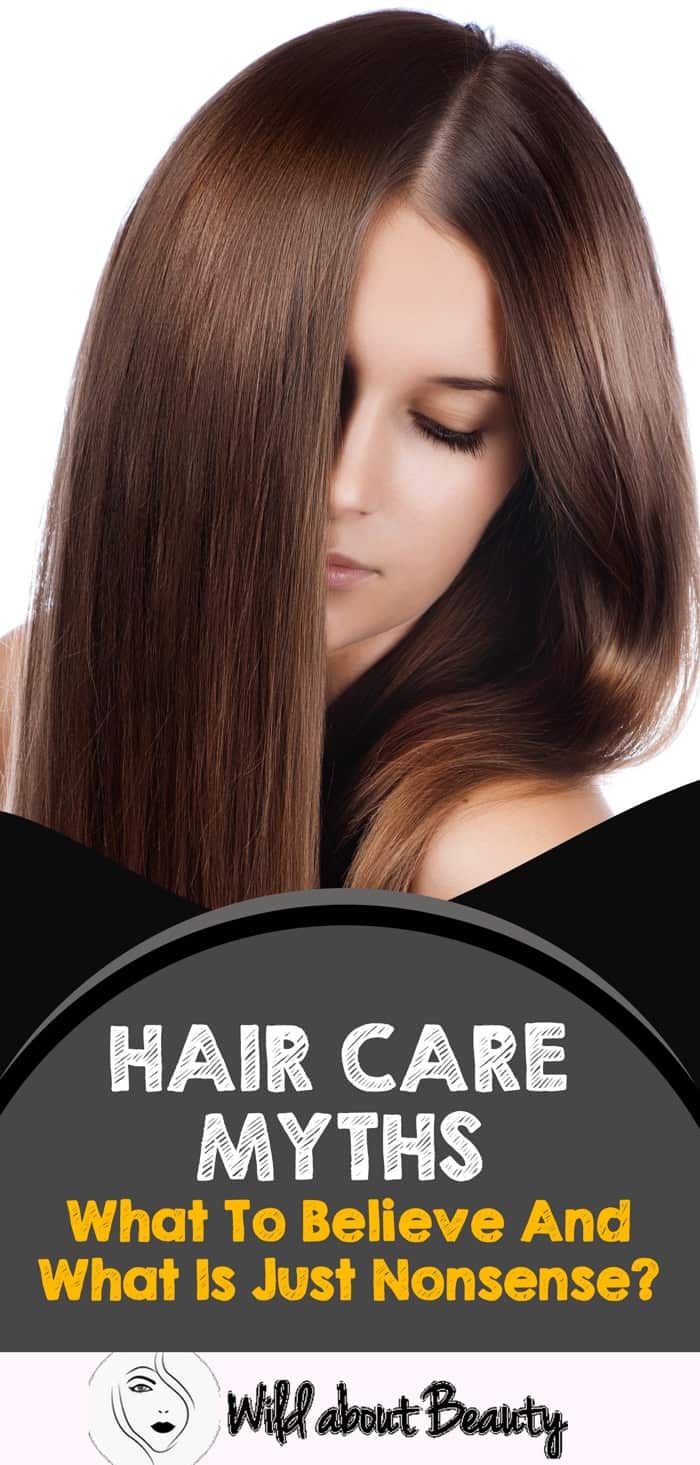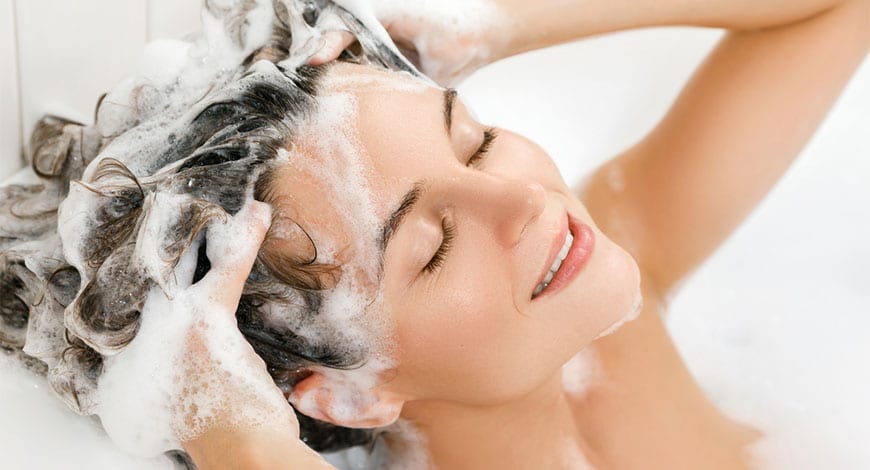Healthy, perfect looking hair is an elusive dream many women want to achieve. And in that search for a healthy-looking and voluminous hair, we try everything.
Nowadays, every woman has her own set of hair care solutions that make your hair longer, thicker, and shinier. But how many of them are real solutions, and how many are just hair care myths?
We’ve heard them all, from strange, weird, and effective hair care solutions. But now it is time to separate the hair myths form the hair facts. Let’s debunk some of the popular and common hair care myths.
Chapter Overview
Myth No.1 – More Shampoo Means Cleaner Hair
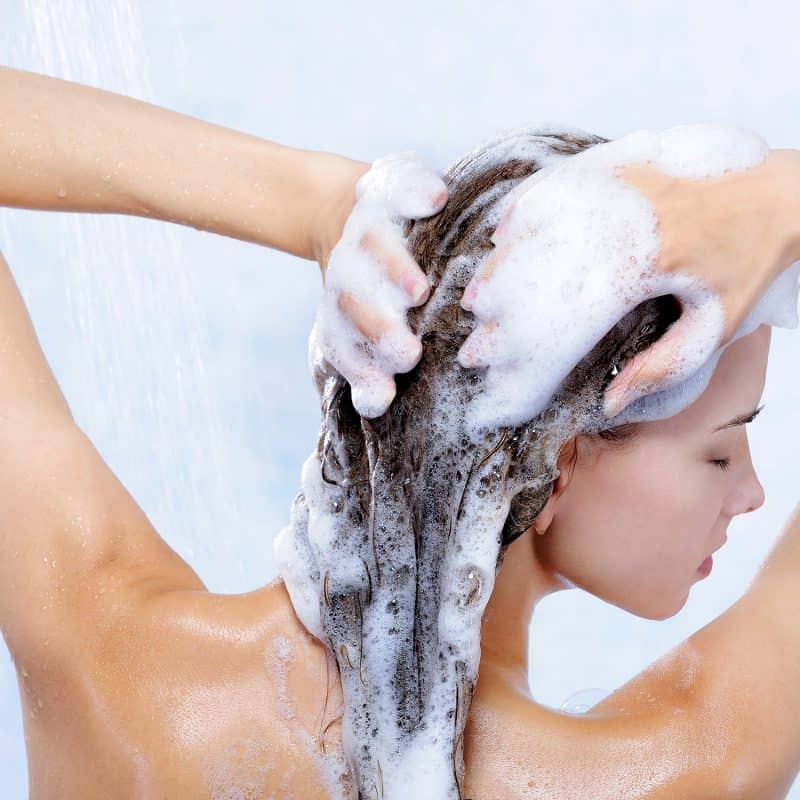
This is just plain wrong. There is no need to waste your shampoo. You need just a size of a quarter to get your long hair all shampooed and washed. Anything more will just go to waste.
You can easily see how this myth is just wrong when you shampoo your hair. How many times you have too much shampoo on your hair? Now, the situation might be different if you have very long hair. Hair length up to your butt will definitely call for more shampoo.
Myth No.2 – Blow Drying Can Cause Hair Loss
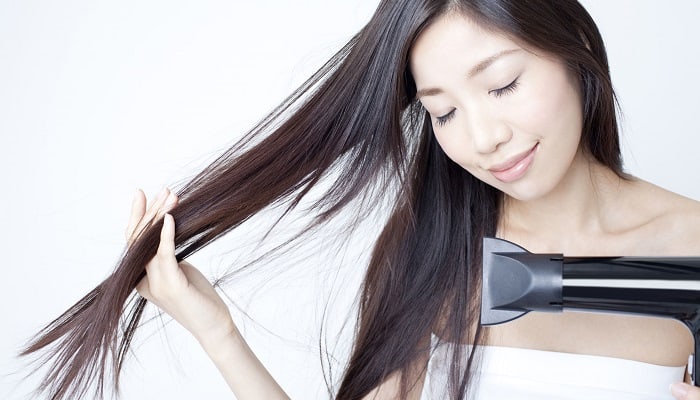
This is partly true. Blow drying is a heat treatment that can burn your dry hair, damage your hair, cause dryness, and cause your hair to fall. And if you do it frequently and consistently, yes, it will damage your hair.
However, it will not cause permanent hair loss. Your hair will grow back. With that in mind, try to avoid blow-drying as much as possible.
Myth No. 3 – Sleeping with wet hair can cause scalp fungus
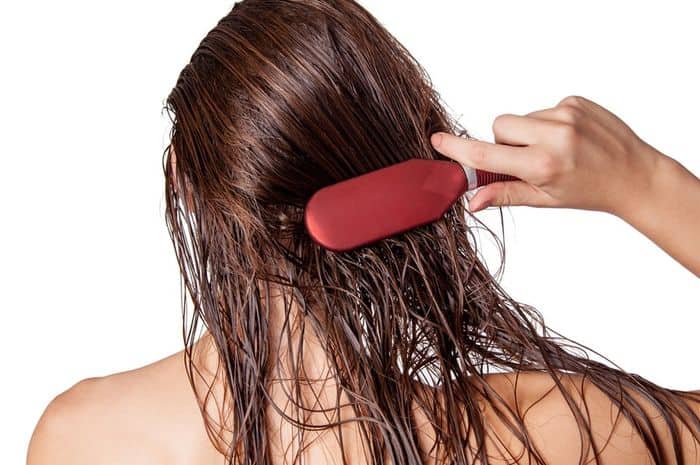
Just take a look at all models from Brazil. These Brazilian beauties practice sleeping with wet hair on a regular basis. It is a beauty trick to get more voluminous hair, and they even practice wrapping their wet hair in a towel.
With that in mind, you cannot get scalp or fungal disease by sleeping with damp hair. Scalp infections happen due to prior involvement with infected sources, including humans, animals, or tainted hair care tools. Scalp fungus usually targets children, as they have a lower and more susceptible immune system to skin infections.
Myth No.4 – Excessive Washing can cause hair loss
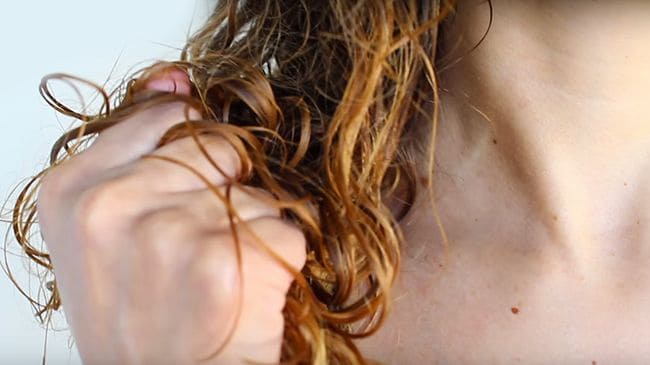
This is another partly true myth. The problem with many of the hair care myths is that they are true to some degree, but also plain wrong. Excessive washing your hair will not cause dryness and hair loss. That is, as long as you do not apply chemical products every day.
Hairstylists recommend you wash your hair with shampoo three times per week. But during the summer days, if you want to refresh your hair, you can wash it with just water and/or conditioner on a daily basis. With the right ingredients, you can add more moisture and beauty to your hair.
Myth No.5 – Brushing will cause hair to grow
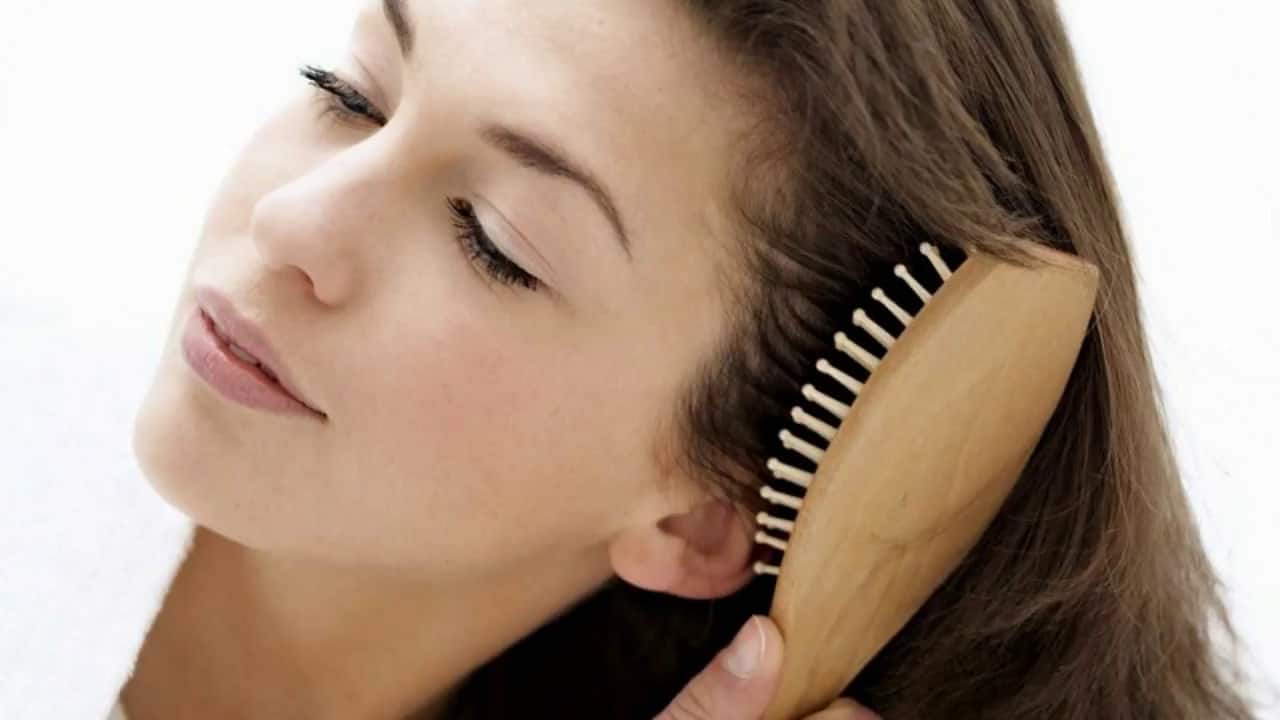
This is one of the older tricks or hacks for growing hair. But the problem is, it does not hold ground. The myth is that you have to brush your hair with 100 strokes per day.
What happens instead is that excessive brushing can cause damage to the hair cuticle. And even more importantly, hair reacts better to a comb than to a brush. Brushing your hair excessively will result in split ends and hair damage.
Myth No.6 – Cutting Hair makes it grow faster
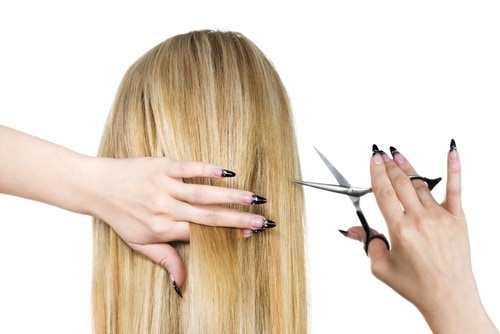
A lot of women fall victim to this trend as well. Cutting the hair more frequently will not result in faster growth or thicker growth. The fact of the matter is that your hair is thicker at the base than it is at the tip. And that is why when it is shorter, it appears thicker at first sight.
Your hair has a growth rate, and cutting does not affect it. Yes, there are some natural remedies and products that affect hair growth rate, but cutting is not one of those factors. You need to cut your hair once you notice split ends and damage, but cutting it for faster growth? That is nonsense.
Myth No.7 – Color treatment can cause hair loss
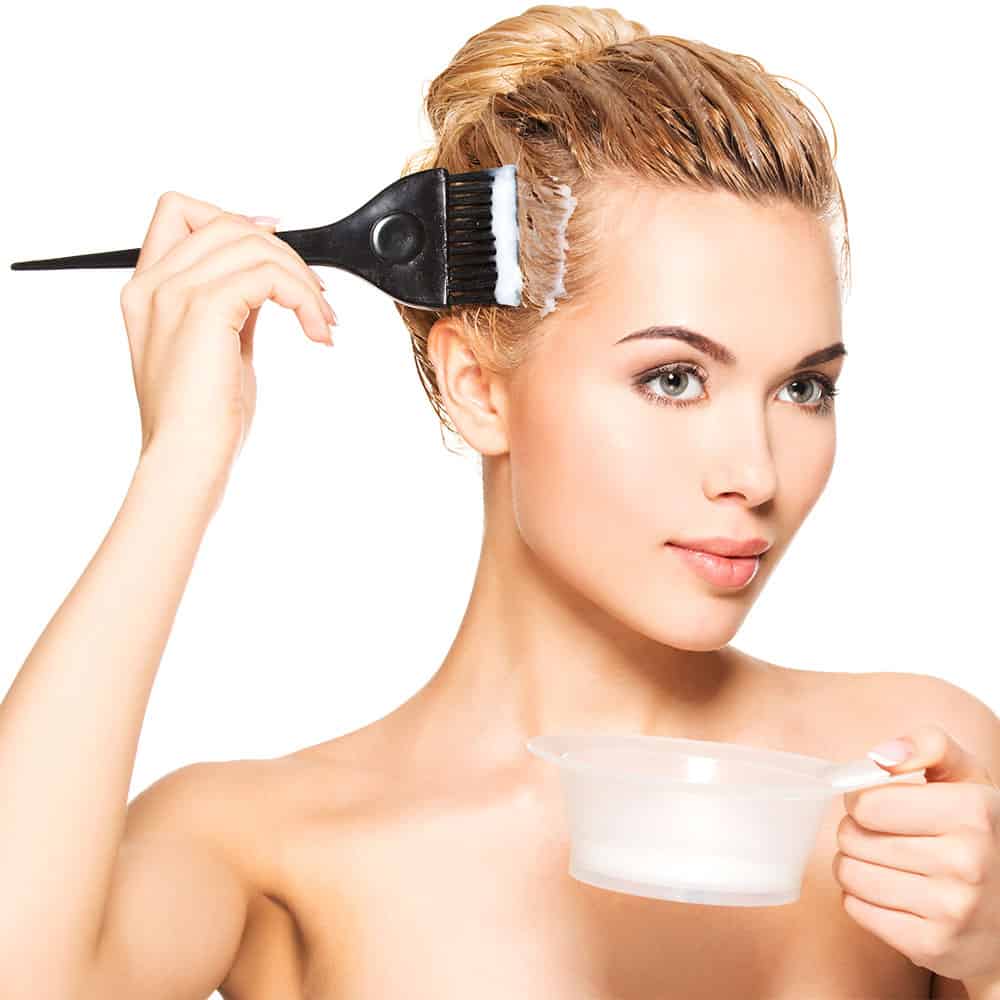
Color treatment is a tricky subject. It all comes down how you do it, how often you do it, and what is your aftercare. Bleaching, one of the more popular color treatments, for example, is damaging to your hair. But bleaching your hair once every two or three months is not that dangerous. The problem happens when you bleach your hair too often.
Bear in mind, hair coloring products usually contain chemicals that can be harsh to your hair. But when used at an appropriate rate, and combined with keratin aftercare treatments, hair coloring treatments can be safe. And most importantly, they will not cause hair loss.
Myth No.8 – Diet is related to hair loss

We are now getting to the part of hair care myths that are actually true. This one, for example, is an underrated aspect of hair health. What you eat shows on your skin, but also on your hair as well. No individual food has been proven as beneficial or damaging to hair health.
It is important that you consume foods high in healthy nutrients, including vitamins and minerals. Iron is one of the minerals that is closely related to hair loss.
Myth No.9 – Stress can cause hair loss

This is another myth that is true. Severe stress, be it physical or mental, can stop hair production. For example, surgery, which is a physical type of stress, can cause temporary hair loss. This condition is known as alopecia areata.
But do not worry, it is not permanent. Once your scalp recuperates, the hair will grow back. As for mental stress, it does not cause hair loss directly. However, stress can result in a number of conditions that cause hair loss. Significant stress will also push a large number of hair follicles into the resting phase.
Myth No.10 – Sharing combs can spread scalp diseases
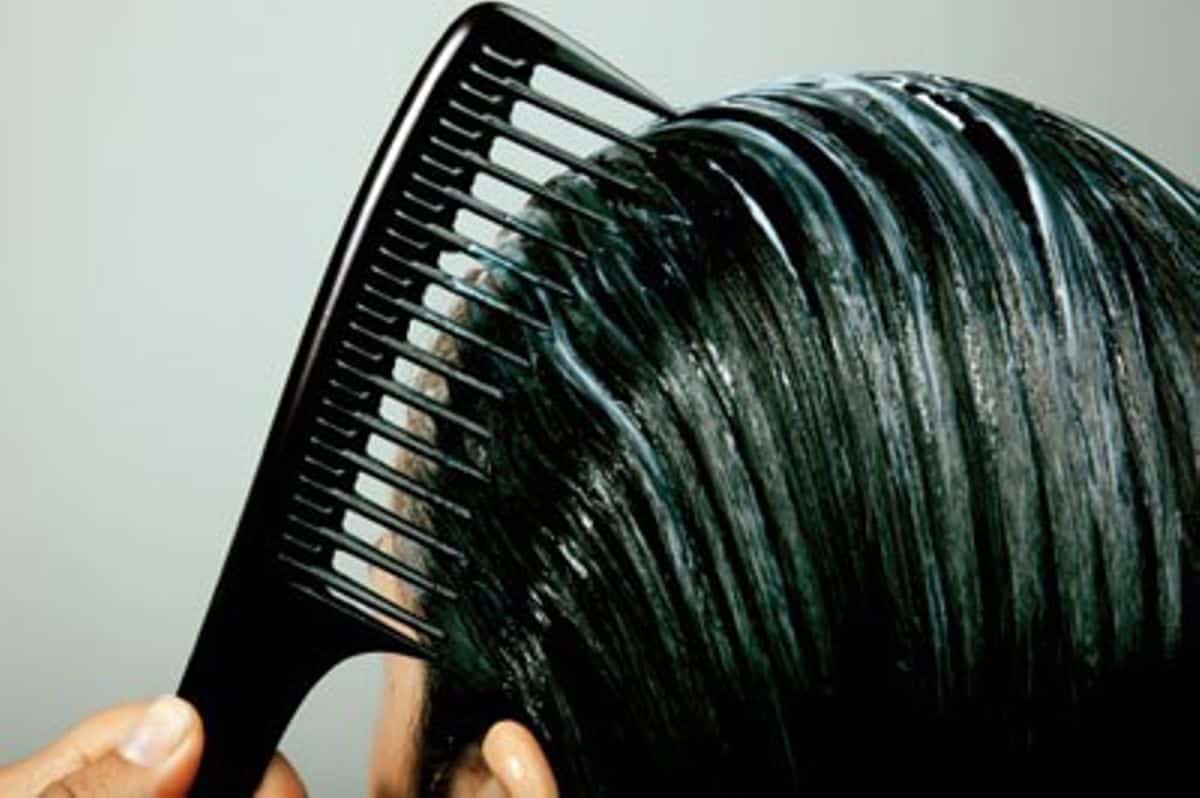
Ever since we were little, we were taught not to share our health care products. For example, you do not share your toothbrush with others.
The same applies to hairbrushes and combs. Lice and parasites can be transported from one scalp to another through the sharing of hair care tools. That is why it is crucial why you use only your own products and tools.
